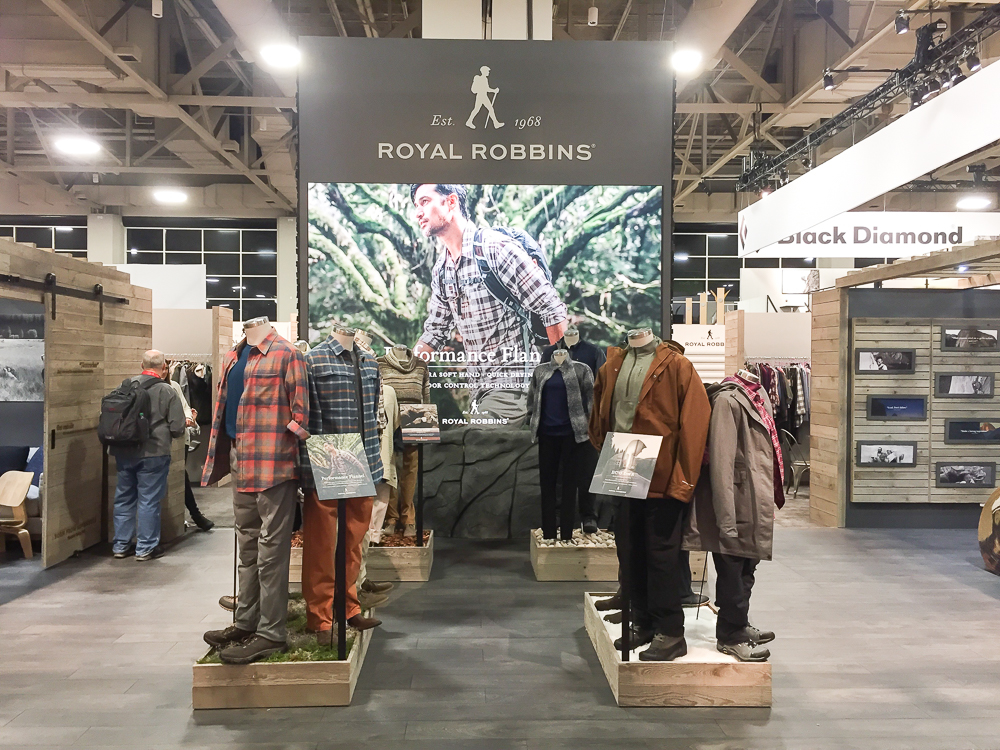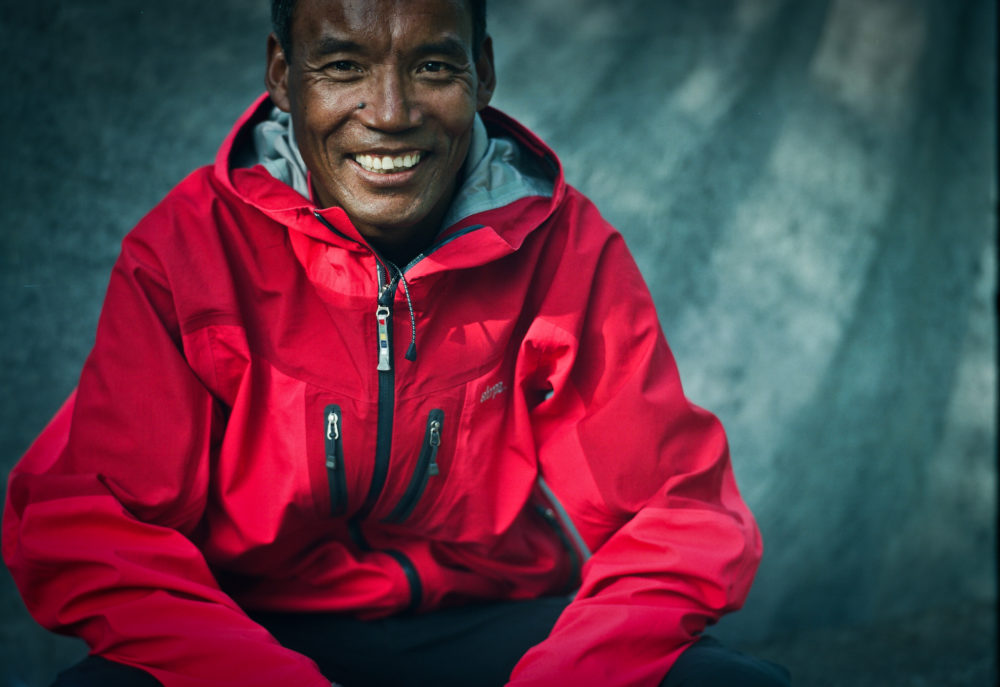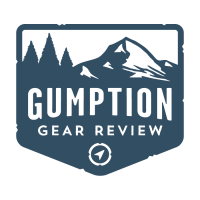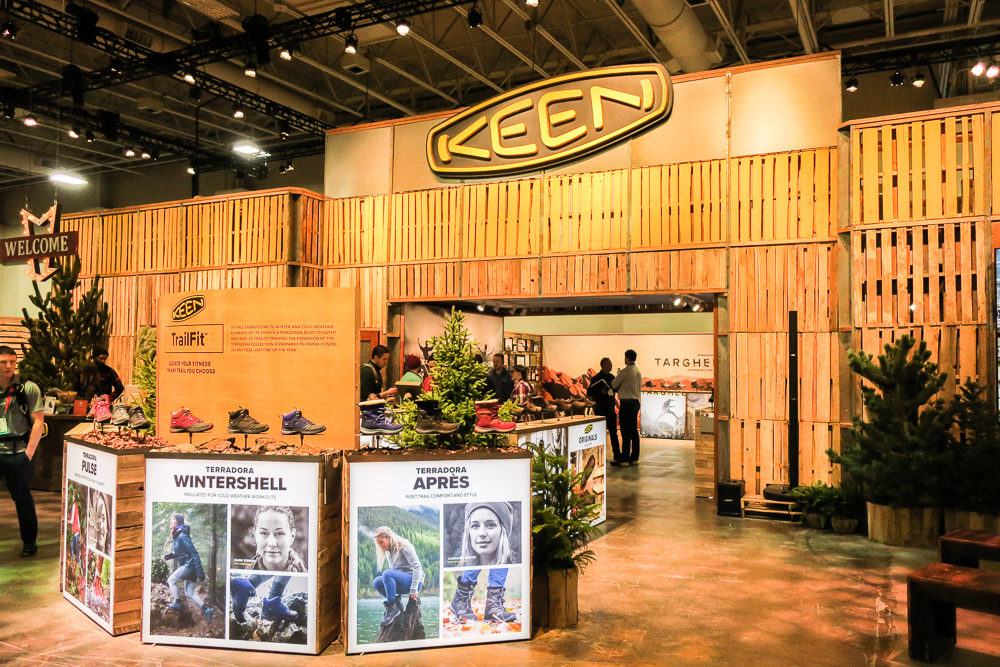 Outdoor Retailer Winter Market, the premier trade event and community gathering spot for the outdoor industry, took over downtown Salt Lake City from January 10 — 12, 2017. The show, affectionately known as OR, is North America’s largest winter lifestyle and sports industry gathering. It’s this show that has served as the launch platform for nearly every groundbreaking piece of skiing, climbing, backpacking and winter gear that has come to market. But beyond the hiking boots and headlamps, behind the fancy daypacks and displays are the stories shaking up the notion of ‘business as usual.’
Outdoor Retailer Winter Market, the premier trade event and community gathering spot for the outdoor industry, took over downtown Salt Lake City from January 10 — 12, 2017. The show, affectionately known as OR, is North America’s largest winter lifestyle and sports industry gathering. It’s this show that has served as the launch platform for nearly every groundbreaking piece of skiing, climbing, backpacking and winter gear that has come to market. But beyond the hiking boots and headlamps, behind the fancy daypacks and displays are the stories shaking up the notion of ‘business as usual.’
More Than Just a Trade Show…
The formal business of Outdoor Retailer brings together an amalgamation of manufacturers, retailers, distributors and media. Amidst chaotic calendars and bustling meetings, it’s here where decisions are made that determine what products will stock retail shelves in the year ahead. Earlier this week, we posted our own Best in Show awards which point to the new gear, accessories and technology we are most excited about in 2017.
For more than two decades, the Outdoor Retailer show has played an important role in the convening and growth of the outdoor industry. But there’s much more to this bi-annual trade show than meetings, sales and happy hours. Increasingly, Outdoor Retailer is important not because of the products and technologies on display, but because it serves as the cultural locus of our industry.
This year’s Outdoor Retailer was a beautiful demonstration of how many of the outdoor brands you rely upon for high performance gear are the same brands driving social and environmental change. Towards those ends, here are seven of our favorite social impact stories from ORWM 2017.
KEEN Live Monumental Campaign
America’s Public Lands are woven into the fabric of our country; they’re iconic – like Yellowstone and Yosemite – they inspire awe and wonder. Public lands are our birthright as American citizens. They serve as the bedrock of outdoor recreation, and encompass over 640 million acres of culturally significant landscapes and archeological sites, trails, rapids, routes, breaks, and breathtaking views. Our public lands are part of what define us as Americans.
KEEN‘s Live Monumental campaign was launched in 2015 to help raise awareness about the importance of public lands preservation. In the first 10 months of KEEN’s Live Monumental campaign, the movement traveled 7,500 miles across 25 states, captured more than 40,000 petition signatures, rallied support from more than 50 businesses, and hosted more than 47 events. That includes a reception on Capitol Hill in October that marked the finale of the 2015 tour. In 2016, KEEN Footwear’s 1976 Live Monumental RV embarked on its second cross-country trip in the form of a 10-stop KEEN Live Monumental film tour to continue raising awareness about the importance of public lands preservation. 
Since the start of the Live Monumental campaign, three of the five target areas that KEEN has focused on advocating for national monument designation have been protected: Boulder White-Clouds in Idaho was designated Wilderness in August 2015, Mojave Trails in southern California was designated a national monument in February 2016, and most recently President Barack Obama designated Gold Butte in Nevada a national monument in December 2016. Building off of Live Monumental, KEEN will be launching a multi-year movement to inspire fans of the brand and widen the KEEN tribe to preserve our country’s wild places, ensuring the ownership of our Public Lands is forever shared amongst us all.
Adidas Outdoor Terrex X Parley for the Oceans
 In 2015, adidas entered into a partnership with Parley for the Oceans, an environmental organization and collaboration network seeking ways to synchronize the economic system of humankind with the ecosystem of nature. Together, the two brands are working to transform ocean plastic pollution into high performance sportswear, spinning the problem into a solution.
In 2015, adidas entered into a partnership with Parley for the Oceans, an environmental organization and collaboration network seeking ways to synchronize the economic system of humankind with the ecosystem of nature. Together, the two brands are working to transform ocean plastic pollution into high performance sportswear, spinning the problem into a solution.
In November of 2016, adidas and Parley for the Oceans unveiled their first performance products made from reclaimed ocean plastic: soccer jerseys for world-leading clubs Bayern Munich and Real Madrid and the first UltraBOOST Uncaged Parley running shoe. But that was just the beginning. For 2017, adidas aims to make one million pairs of shoes using Parley Ocean Plastic – with the ultimate ambition to eliminate virgin plastic from their supply chain. adidas’ 2017 target means that at least 11 million bottles retrieved from coastal areas by the Parley Global Clean-up Network will be recycled and repurposed into elite performance sportswear.
This plan forms part of the brand’s larger commitment to increase the use of sustainable materials in its products and make eco-innovation the new industry standard through implementation of the Parley A.I.R. Strategy (avoid, intercept, redesign), which aims to end the cycle of marine plastic pollution long-term.
Hydro Flask Parks for All Program

Marked by vibrant colors and rugged durability, you can recognize a high-performance, Hydro Flask bottle from a mile away. Since their founding in 2009, Hydro Flask has been on a mission to save the world from lukewarm. And now, with the launch of a new charitable giving program, Hydro Flask is also working to give back to the outdoor spaces we all love. From urban parks in our own backyards, to national parks in the backcountry, the brand is helping to build, restore, and maintain public green spaces.
Parks for All focuses on one overarching goal: supporting the development and maintenance of public green spaces everywhere. Through the program, Hydro Flask will donate a series of cash grants benefiting three non-profit organizations whose missions align with the ideals of building, restoring and preserving parks. Why parks? Because, parks represent a place we can all go to recreate, relax, or be inspired. From urban park excursions with the family to national park adventures in the backcountry, parks of all sizes help make us healthier, happier, and more fulfilled.
On January 11th, Hydro Flask fulfilled grant requests from the Oregon State Parks Foundation, Appalachian Trail Conservancy and Pacific Crest Trail Association contributing a total of $85,000 in grant funds. The money will support the Pacific Crest Trail Association’s Trail Skills College program, which provides training and education for PCTA volunteers; the Appalachian Trail Conservancy’s expansion of the Monson, Maine Visitor Center, which provides hikers with information about hiking opportunities, park regulations and the unique ecology of the surrounding areas; and Oregon State Parks Foundation’s Ticket2Ride program, which enables elementary and middle school-aged children from low to moderate income communities to use the state parks for experiential learning.
Royal Robbins Environmental and Corporate Social Responsibility Initiatives

Royal Robbins’ commitment to environmental and social responsibility dates back to before the brand’s birth in the Yosemite Valley in 1968. Today, the Royal Robbins brand, thanks to newly appointed CEO Michael Millenacker, is doubling down on its founders’ original commitment to minimizing the environmental and social impacts typically associated with apparel production.
Industry experts estimate that anywhere from 15 to 20 percent of the fabric used to produce clothing ends up “on the cutting room floor” where it then winds up in the nation’s landfills. Why? Because it’s often cheaper to toss than recycle. But this Fall, Royal Robbins will debut two new products that begin to shift the paradigm of traditional clothing production. The Headwall Chambray ($85) LS Shirt and the Headwall Chambray Ball Cap ($32) are products constructed from recycled cutting room scraps otherwise destined for landfills.
The Royal Rewear Program is another project predicated upon a simple ethos: recycle more and buy clothing that is built to last. The program allows customers and employees to do their part and reduce the volume of waste being sent to landfills every year by sending items back or dropping them in collection bins at Royal Robbins stores. Since its inception in July, Royal Robbins store in Berkeley alone has collected 76 cubic feet of clothing or three large refrigerators worth. There are currently two Royal Rewear Program bins, in Berkeley and Modesto, with plans of adding up to 25 more in 2017. Everyone who participates in the program will be given an incentive coupon towards a future purchase and all program proceeds benefit THE YOSEMITE CONSERVANCY, funding projects and programs that are essential to Yosemite’s future.
The Re-Chaco Program

Since their founding in 1989, Chaco has been making shoes and sandals destined for adventure. And while skeptics may argue that any product that’s well made shouldn’t need fixing – the reality is that an adventurous life eventually takes a toll on all of our gear. Enter the “ReChaco” program.
Founded on the river, conservation and sustainability is the Chaco our DNA, and the ReChaco program is emblematic of that core belief system. And while Chaco sandals are built to last, they are also designed to be repaired when needed. When your well-trodden pair is on its last leg, you can let the Chaco team step into the fray and breathe new life into your sandals. Repair costs run $40 for resoling and $36 for rewebbing — if not covered by a lifetime warranty for defects. And while that cost is not insignificant, Chaconians understand it’s not about saving money. Rather, it’s about the consumer’s relationship with the sandal and the environment.
Since 2010 alone, Chaco has saved over 70,000 sandals from entering the waste stream. That equates to thousands of pounds of rubber being kept out of landfills. ReChaco also reuses boxes sent in by customers and donates any accompanying packing materials. At the end of the day, ReChaco demonstrates an impressive commitment to sustainability while also reuniting customers with their beloved Chacos. In our book, that’s a serious win-win proposition.
SOLE Shifts to 100% Recycled Cork
 In an effort to increase sustainability and decrease environmental impact, Canadian footwear company SOLE, together with ReCork is boldly moving towards 100% recycled cork in their product line. SOLE manufactures custom footbeds and footwear, and ReCORK, a Sole sponsored initiative, is North America’s largest natural cork recycling program.
In an effort to increase sustainability and decrease environmental impact, Canadian footwear company SOLE, together with ReCork is boldly moving towards 100% recycled cork in their product line. SOLE manufactures custom footbeds and footwear, and ReCORK, a Sole sponsored initiative, is North America’s largest natural cork recycling program.
Natural cork is one of the world’s most sustainable raw materials. And yet, while cork is renewable, it’s only after 40 years of age that bark from the Cork Oak tree is suitable for use in wine storage. From there it can take 9-12 years more until the thick outer layer cork oak tree bark has regrown and can be stripped again. This kind of wait time puts the material in high demand, and endangers the trees from being over harvested.
By collecting used wine corks, the brand is taking what would otherwise be a waste material and giving it new life. The ability to turn used wine corks into durable and attractive footwear is an elegant way to extend the lifecycle of this remarkable raw material while providing consumers with a terrific new product that literally lightens their carbon footprint. In addition to diverting waste into landfills and helping prevent the over-harvesting of Cork Trees, Sole’s use of cork in their footwear is also displacing the petroleum-based EVA (ethlyene-vinyl acetate) rubber that is traditionally used in footwear.
Sherpa Adventure Gear Fund
 Sherpa Adventure Gear was founded in May 2003 by Tashi Sherpa, as a living memorial to the unsung heroes of Mt. Everest. Climbers have always been grateful for having a Sherpa companion on the treacherous slopes of the Himalayas. It is the Sherpa who makes the route, carries the load and sets the ropes to the top and back. As a tribute to them, Sherpa Adventur Gear has a simple vision of doing business in the inimitable way of the Sherpas: One step at a time, helping each other on the climb up and never losing sight of the destination.
Sherpa Adventure Gear was founded in May 2003 by Tashi Sherpa, as a living memorial to the unsung heroes of Mt. Everest. Climbers have always been grateful for having a Sherpa companion on the treacherous slopes of the Himalayas. It is the Sherpa who makes the route, carries the load and sets the ropes to the top and back. As a tribute to them, Sherpa Adventur Gear has a simple vision of doing business in the inimitable way of the Sherpas: One step at a time, helping each other on the climb up and never losing sight of the destination.
Every authentic garment made by Sherpa Adventure Gear—for trekking, traveling and exploring the world— reflects the heritage of their Himalayan homeland. Whether summiting an unclimbed peak, trekking a vast savanna or sightseeing in an exotic market, Sherpa creates 4-season gear designed to deliver safety, comfort and style. The brand is also a prime example of how sometimes, the physical footprint of a company is not representative of the dramatic social impact that brand can engender.
For every product Sherpa Adventure Gear sells, 25 cents is donated to the Sherpa Adventure Gear Fund to provide a brighter future to the children of Nepal through empowerment and education. Working alongside respected Nepal-based organizations, Sherpa Adventure Gear funds scholarships, build schools, support orphanages and provide safer living conditions for the youth residing in the birthplace of the brand.

